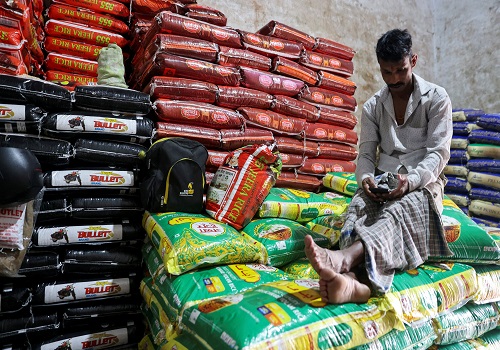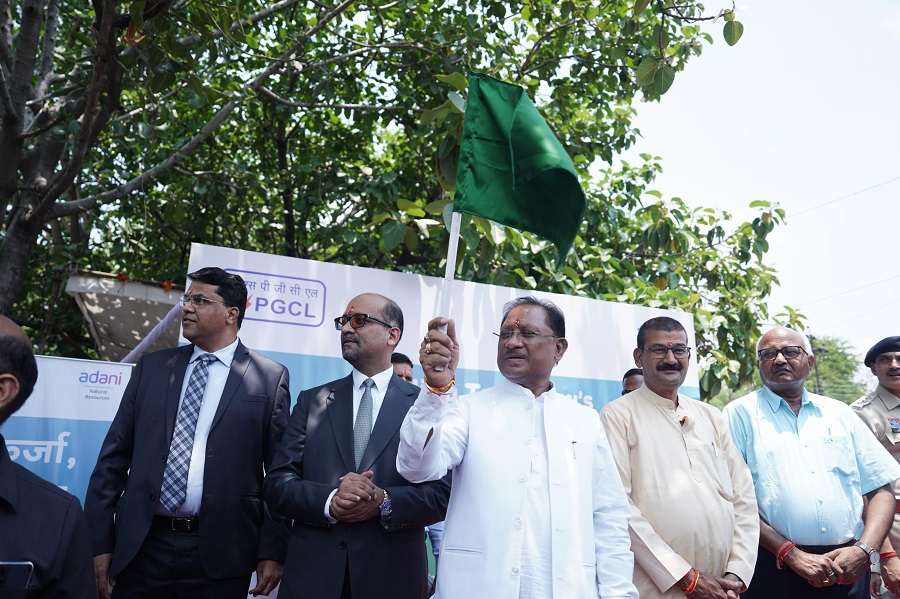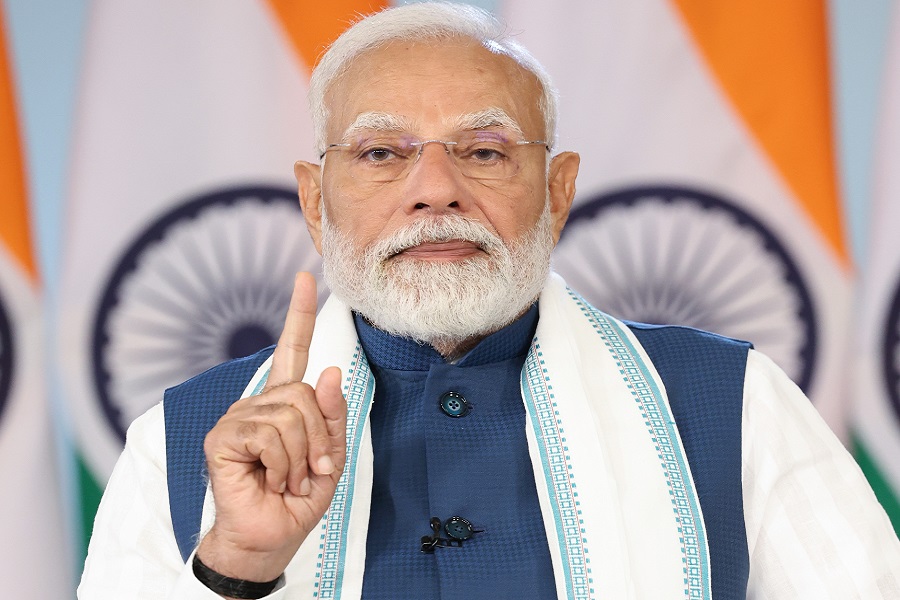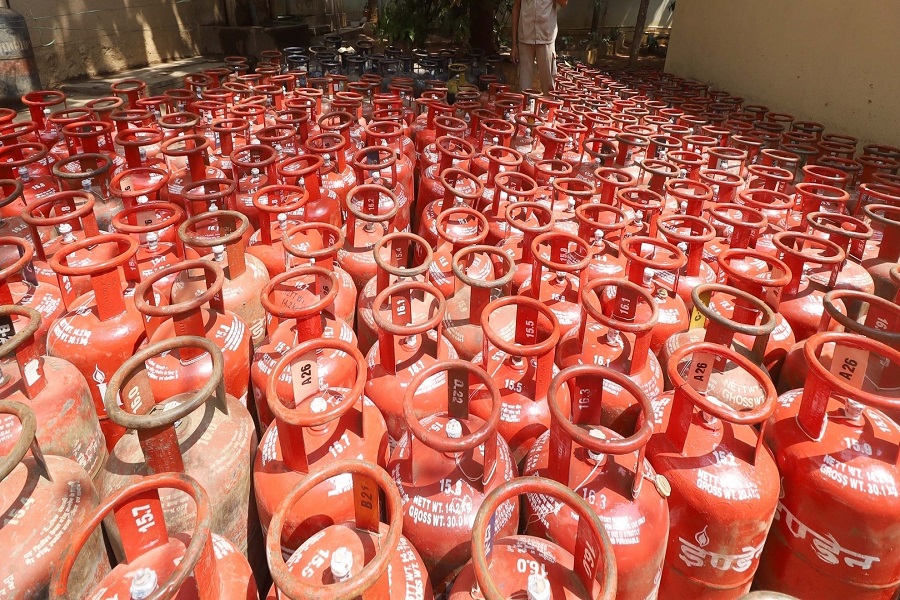India`s rice export ban could hit planting, farm income -farmers`body

Rice planting in India could fall by 5% as New Delhi's decision to ban non-basmati white rice exports will cut farm income and encourage growers to switch to other crops, a leading farmers' group with close ties to the ruling Bharatiya Janata Party said.
The world's biggest rice exporter - accounting for more than 40% of global supplies of the staple - last month ordered a halt to non-basmati white rice exports, driving prices to multi-year highs.
"The rice export ban was announced right in the middle of the current planting season, and that's why the decision has sent a wrong signal to farmers," Mohini Mohan Mishra, general secretary of the Bharatiya Kisan Sangh (BKS), or Indian Farmers' Union, told Reuters.
BKS is the farmers' wing of Rashtriya Swayamsevak Sangh, the ideological parent of Prime Minister Narendra Modi's ruling party.
Despite being ideologically aligned with the ruling party, BKS often opposes some of India's farm policies, at times forcing a rethink. BKS also lends its support to protesting farmers.
Mishra said the government must compensate farmers by buying large quantities of the new-season rice harvest at higher prices.
In June, India raised the price at which it will buy new-season common rice paddy from farmers by 7% to 2,183 rupees ($26.45) per 100 kg.
Every year authorities raise the so-called Minimum Support Prices (MSPs) of staples such as rice and wheat to build stockpiles to run the world's biggest food welfare programme, which entitles poor people to free grains.
"Because the government has banned rice exports, it must announce a bonus over this year's rice MSP to help farmers sell their crop at higher prices," Mishra said.
Indian farmers, who typically plant rice in the rainy months of June and July, will start harvesting the crop in October.
Once rice harvests start trickling in, the government-backed Food Corporation of India will start buying the crop from farmers at the state-set MSPs.




















